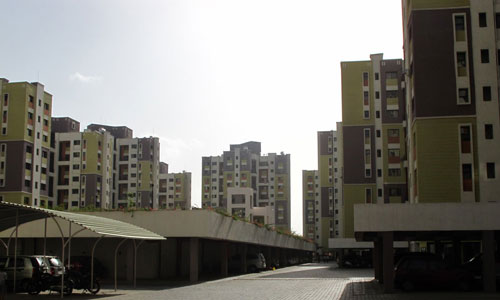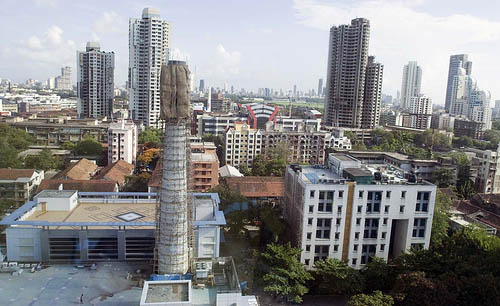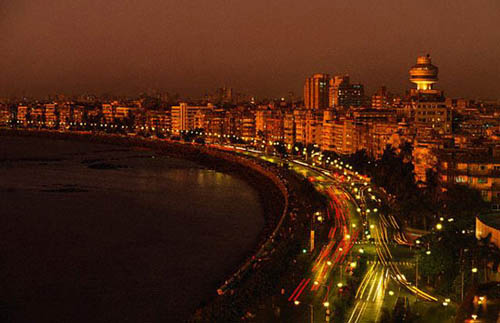
Mumbai the costliest property market with least property deals
Mumbai continues to be the costliest property market in India but the sales graph show this price rise has started taking its toll on the sales figure.

Mumbai continues to be the costliest property market in India but the sales graph show this price rise has started taking its toll on the sales figure.

Property registration in India’s biggest real estate market Mumbai continued its slide in August and touched a twenty-seven month low.

Maharashtra Chamber of Housing Industry (MCHI), showcased properties from renowned builders across the Mumbai Metropolitan Region (MMR) and select Indian cities at PROPERTY 2011.

It’s been a weak start to the year for the Mumbai real estate market with the number of property sales registered in India’s financial capital continuing to fall for the second consecutive month.

A recent report claims current sentiment index score of Indian real estate is 72. I wonder how! Who is going to believe this? Definitely not the home buyers at the receiving end of the builders with delay, default, unmet promises and what not. But this is not an isolated instance of one-odd such report. As a matter of fact, most of the reports by the brokerage firms (in the guise of consulting firms) and other industry stakeholders would like the home buyers to believe that if you don’t buy property now, you would be left behind. This unnecessarily creates a FOMO (Fear of Missing Out) in the minds of the gullible buyers.

With the Maharashtra Government indicating to introduce Blockchain in property transactions, this new technology is in the spotlight. There are more questions in the public domain than answers as subject matter experts are few. In an exclusive interview with Ravi Sinha, Tushar Shrivastava, Co-founder & CTO, PropertyPistol.com decodes how Blockchain is the future of real estate transactions.

Maharashtra has started property e-registrations and the State is reportedly all set to also introduce blockchain. What is Blockchain? It is a technology by which users can keep a historic ledger of every transaction that has happened in the past for any asset be it a crypto currency or a piece of real estate like land or building. Track2realty analyses whether blockchain would be the future of real estate transactions.

I meet a number of stakeholders across the built environment of Indian real estate. One common narrative that has gained ground within the built environment over the years is that “this is the best time to buy a house.” Mind you! This narrative was being pushed through the throat even before Covid. Even though the real estate market in general and the housing market in particular has been going through a turbulent phase, the narrative has never changed its course.

A TV debate after the Union Budget 2022-23 caught one of the IPCs (Independent Property Consultant) off guard when the anchor categorically blamed him for real estate not getting its due with the budget. In his defence he could only argue that it is not about one specific report but all the industry reports are guilty of creating such a goodwill for the sector. The satisfactory voices were so profound that the policy makers too found the business capable of self-sustaining without any fiscal incentives.

I often get amused when I get into the details of the industry survey that shouts at the top of its voice – “All is Well”. Some of these industry reports claiming the business to be witness to higher consumer sentiment are based on the feedback of connected parties like developers, banks, financial institutions and private equity players. All in all, it’s a family cycle where everyone is desperate to beg, borrow or steal for sale. The most important stakeholder – the home buyer – whose sentiment is being tracked is better left out in this mutual appreciation club of vested interests.
